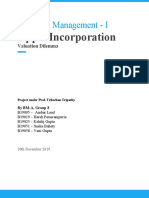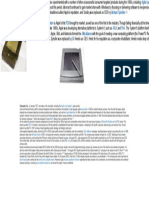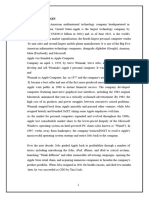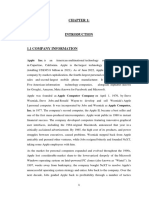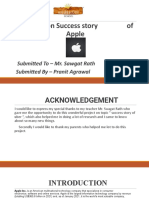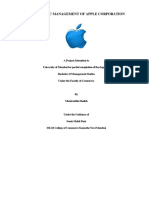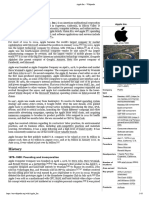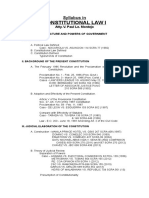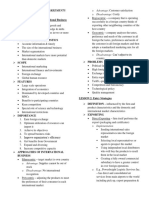0% found this document useful (0 votes)
12 views2 pagesApple
Apple's success is driven by four key strategies: innovative design and user experience, a strong integrated ecosystem, and strategic revenue diversification beyond iPhone sales. Founded in 1976, Apple has evolved into the largest technology company by revenue, with a diverse product lineup including the iPhone, iPad, and services like Apple Music. Despite facing criticism over various practices, Apple maintains a loyal customer base and continues to lead in market capitalization.
Uploaded by
shiblisanjidfaheemCopyright
© © All Rights Reserved
We take content rights seriously. If you suspect this is your content, claim it here.
Available Formats
Download as PDF, TXT or read online on Scribd
0% found this document useful (0 votes)
12 views2 pagesApple
Apple's success is driven by four key strategies: innovative design and user experience, a strong integrated ecosystem, and strategic revenue diversification beyond iPhone sales. Founded in 1976, Apple has evolved into the largest technology company by revenue, with a diverse product lineup including the iPhone, iPad, and services like Apple Music. Despite facing criticism over various practices, Apple maintains a loyal customer base and continues to lead in market capitalization.
Uploaded by
shiblisanjidfaheemCopyright
© © All Rights Reserved
We take content rights seriously. If you suspect this is your content, claim it here.
Available Formats
Download as PDF, TXT or read online on Scribd
/ 2





















